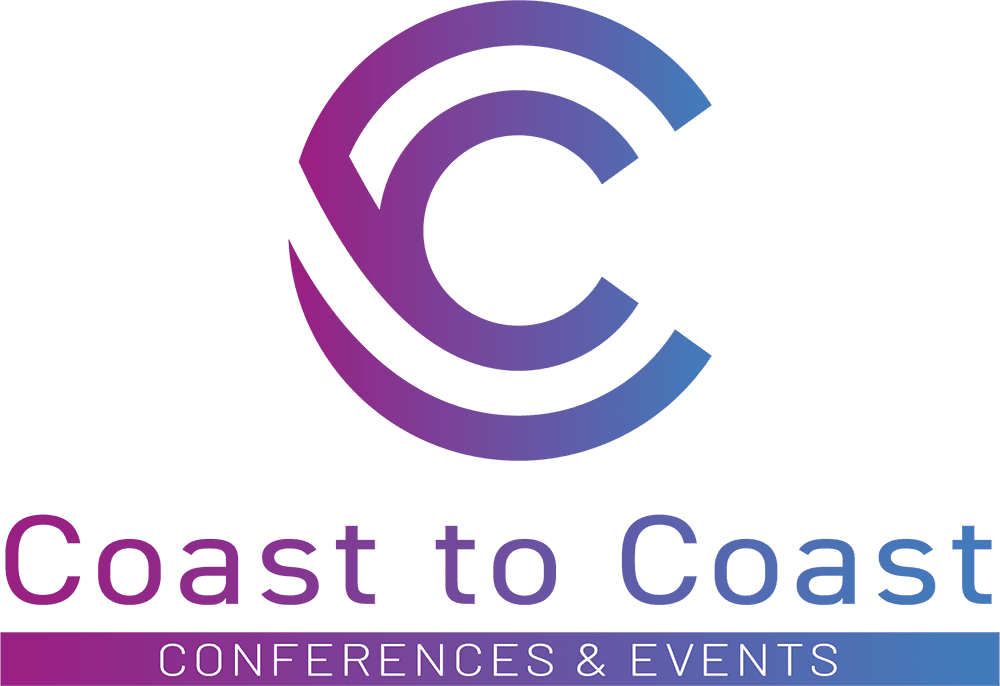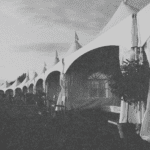As April marks National Stress Awareness Month, it’s the perfect time to highlight one of the most demanding—and often underappreciated—professions: event planning.
Ranked as the third-most stressful job in the world for 2023 (World Scholarship Vault), event planning involves high-pressure decision-making, juggling countless details, and meeting unrelenting deadlines. While we take pride in delivering exceptional experiences, this statistic underscores the importance of addressing stress and promoting balance in the workplace.
At Coast to Coast Conferences & Events (CTC), we’re committed to supporting our team and fostering a healthier work environment. Finding balance in this high-pressure industry is an ongoing journey, but it’s one we believe is essential for maintaining both happiness and drive. Today, we’re sharing insights and actionable strategies for reducing stress—helpful whether you’re an event planner or navigating a demanding profession in another industry.
Why Is Event Planning So Stressful?
Event planning requires meticulous attention to detail, tight deadlines, and the ability to manage multiple stakeholders. From coordinating vendors and staying within budget to handling last-minute changes, the pressure to deliver flawless experiences is constant.
Unpredictability adds another layer of complexity. Whether it’s a weather delay, vendor cancellations, or last-minute client requests, event planners must think on their feet and adapt to challenges—often without notice.
Mitigating Stress: Actions for Event Planners
While stress is a given in the industry, there are steps you can take to reduce its impact:
1. Effective Time Management
Prioritizing tasks, delegating responsibilities, and leveraging project management tools can streamline workflows and reduce overwhelm.
At CTC, our Project Managers dedicate time at the start of every project to outline the entire scope of work. By anticipating tasks and deadlines upfront, we minimize last-minute surprises and rushed processes.
2. Clear Communication
Open and transparent communication with clients, vendors, and team members is key to avoiding misunderstandings and unnecessary stress.
We host “All-Hands Meetings” with our clients, vendors, and planning team a few weeks before the event. This ensures everyone is aligned on expectations, onsite logistics, and any last-minute clarifications.
3. Self-Care Practices
Encourage regular breaks, exercise, and mindfulness techniques to recharge and maintain mental well-being.
While we’re still working on this one as a team, we make self-care a conversation during staff retreats. It’s inspiring to hear how each person integrates wellness into their lives, and we’re always looking for new ways to support mental health at work.
4. Flexibility and Adaptability
Unexpected challenges are inevitable in event planning. Staying solution-focused and flexible can reduce stress and turn obstacles into opportunities.
At CTC, we work to tailor schedules and workloads to each employee’s unique working style and capacity. This personalized approach fosters adaptability and balance within our team.
Let’s Talk About Stress
Stress shouldn’t carry stigma—it’s part of life, but it’s also something we can manage together. Event planners play a vital role in bringing people together, fostering connections, and creating memorable experiences. The stakes are high, but with the right strategies, we can shift the narrative from “This is so stressful!” to “How can we alleviate stress and create balance?”
At CTC, we’re proud of the events we create and the team that makes it possible. Together, we’re committed to building a supportive, resilient work culture—one step at a time.
Join the Conversation
How do you manage stress in your workplace or industry? Share your tips and insights in the comments. Let’s work together to promote wellness and reduce stress for all.






